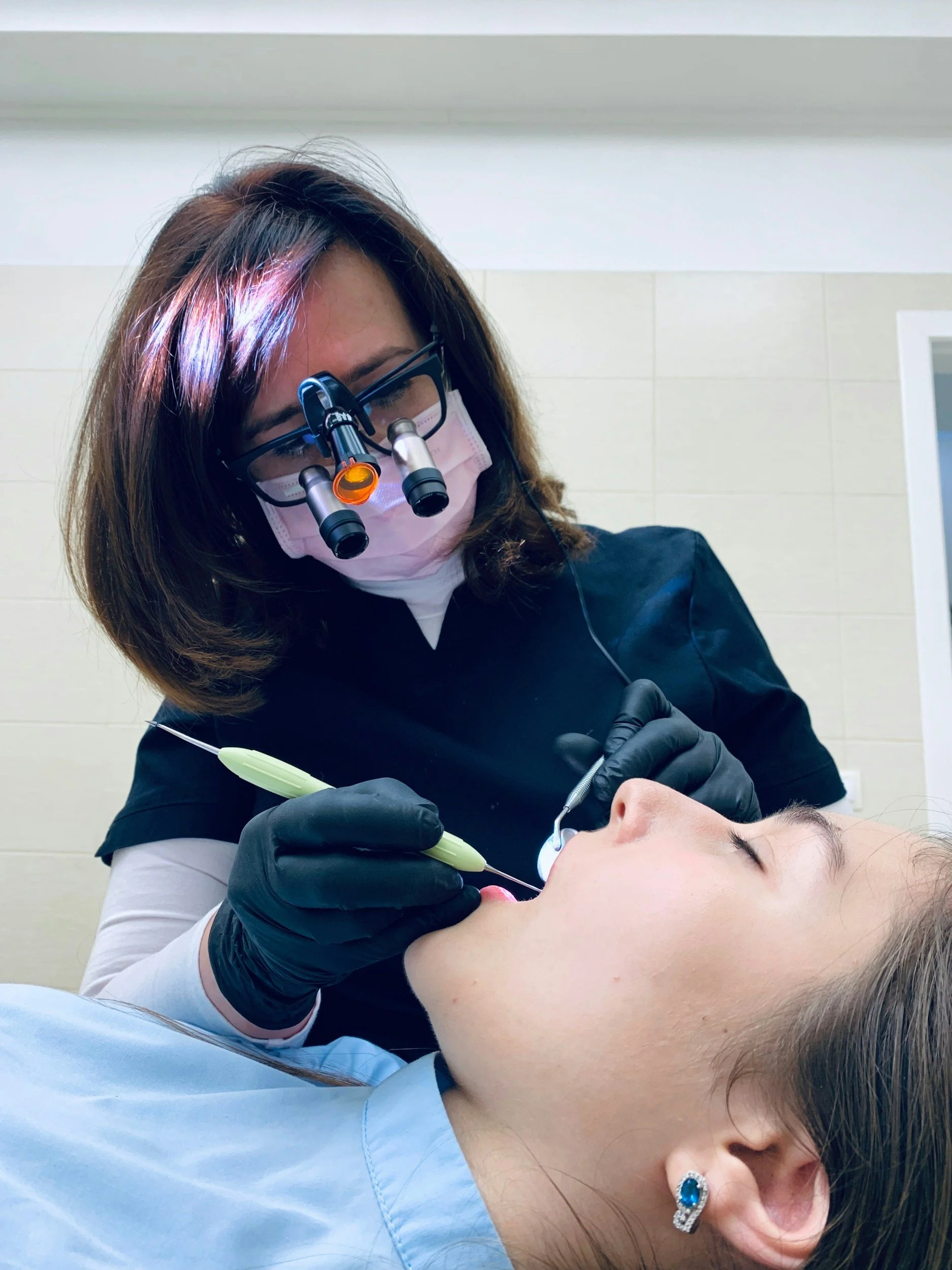Tips to Relieve Shoulder Pain After a Long Trip
Traveling can be an exciting experience, but it often comes with its own set of challenges. One common issue that many people face after a long trip is shoulder pain. Whether you have been sitting in a cramped airplane seat or carrying heavy luggage, your shoulders can easily become stiff and sore. Fortunately, several tips and techniques can help relieve shoulder pain and discomfort after a long trip. In this article, we will discuss some of the best ways to alleviate this type of pain so you can fully enjoy your travels without any added discomfort.
Seek professional help if the pain persists.
A doctor or physical therapist can assess your condition and provide personalized treatment options. For example, you can choose www.kevinkrusemd.com or another trusted medical professional who specializes in treating shoulder pain. They may recommend exercises, stretches, or other therapies to target specific areas of tension and discomfort. Seeking professional help is especially important if the pain persists or worsens after trying these self-care techniques. It is always better to seek expert advice rather than trying to self-diagnose and potentially make the issue worse.
Properly pack and distribute weight in your luggage
When packing, try to evenly distribute weight between both sides of your suitcase or backpack. This will help alleviate any uneven pressure on one shoulder. Also, make sure to use a bag with comfortable straps that can be adjusted to fit your body and minimize strain on your shoulders. If possible, opt for a rolling suitcase instead of carrying a heavy bag on your shoulder. This will help distribute the weight more evenly and also reduce strain on your muscles. Try to pack lighter and only bring essential items to avoid overloading your luggage.
Stay hydrated and stretch regularly during your trip
Dehydration can cause muscles to become tense and stiff, leading to discomfort and pain. Make sure to drink plenty of water throughout your trip, especially if you are flying as the dry air in airplanes can further dehydrate you. Take breaks during long trips to stretch your shoulders and neck. Simple stretches such as shoulder rolls, neck rotations, and arm reaches can help release tension and improve blood flow to the affected areas. Doing these regularly throughout your trip will prevent your muscles from becoming too stiff and causing pain.
Use a comfortable neck pillow for support during long flights or car rides
Using a comfortable neck pillow can also provide support and alleviate shoulder pain during long flights or car rides. When sitting for extended periods, it is common for our neck and shoulders to become strained and tense. A supportive neck pillow can help maintain proper alignment of the spine and reduce tension in these areas. Make sure to choose a pillow that is not too bulky and can be adjusted to your liking. Inflatable pillows are also a great option as they can easily be deflated and packed away for convenient travel use. Make sure to take regular breaks during long trips to stretch and move around. This will not only help relieve shoulder pain but also prevent other potential health issues such as blood clots or deep vein thrombosis.
Take breaks and move around to avoid prolonged sitting
Prolonged sitting can contribute to shoulder pain and discomfort. Whether you are on a plane, in a car, or even at the airport waiting for your flight, it is important to take breaks and move around regularly. This will help improve blood flow and prevent muscles from becoming too stiff and tense. If possible, get up and walk around every hour or so during your trip. If you are unable to move around, try doing some simple stretches while sitting in your seat. This can include shoulder rolls, neck rotations, or arm reaches. Taking breaks and moving around is beneficial for relieving shoulder pain and overall health and well-being during long trips.
Use heat or ice therapy to soothe sore muscles
Heat and ice therapy can also be effective in relieving shoulder pain. Both methods work by increasing blood flow to the affected area, which helps reduce inflammation and promote healing. If you have acute shoulder pain, applying an ice pack for 10-15 minutes can help numb the area and reduce swelling. For chronic shoulder pain, using a heating pad or taking a warm shower can help relax tense muscles and alleviate discomfort. You can also alternate between heat and ice therapy for added relief. However, make sure to consult a doctor or physical therapist before using these methods as they may not be suitable for certain conditions such as arthritis or nerve damage.
Taking care of your shoulders during and after a long trip is essential for your overall comfort and well-being. Listen to your body and not push through any discomfort as this can potentially worsen the issue. Safe and happy travels!







